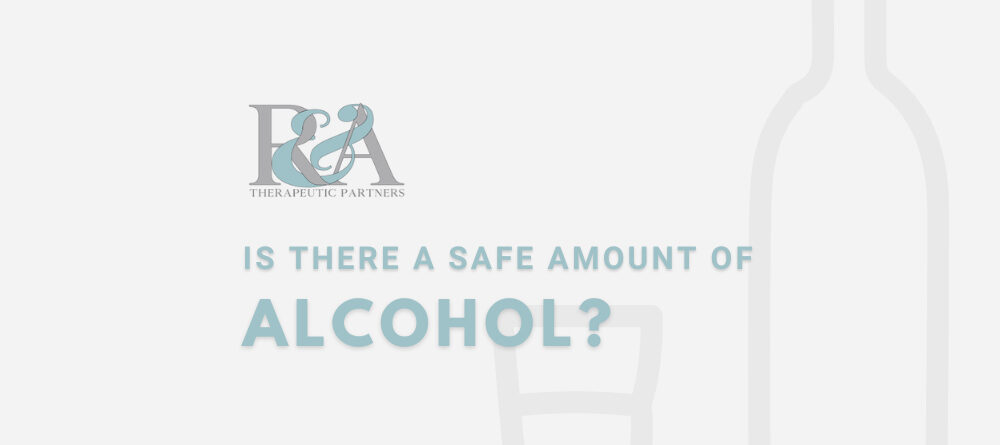Meta-Analysis Reveals Risks of Moderate Drinking
While April was officially designated Alcohol Awareness Month, it’s never a bad time to highlight the fact that alcohol is the world’s deadliest drug, and is responsible for widespread injury, illness and suffering. Because of our cultural glamorization of alcohol, we tend to forget how dangerous it is. New research is shining a bright spotlight on the facts surrounding alcohol use and abuse.
How Much Alcohol Is Safe to Drink Daily?
Though you may have seen research suggesting that moderate amounts of alcohol can supposedly be beneficial, new evidence has refuted that claim. The analysis, published March 31 in JAMA Network Open, examined more than 100 studies with nearly 5 million total participants. It found no significant health benefit to moderate alcohol consumption, while identifying an increased risk of death among people who drink daily.
The CDC defines a “moderate” weekly alcohol intake as seven or fewer servings for women and 14 or fewer servings per men. One serving of alcohol counts as five ounces of wine and one and a half ounces of hard alcohol. However, the JAMA study suggests even that amount is detrimental. Researchers found people who drank more than two ounces of alcohol a day were at a 35% higher risk of premature death.
Problems Linked to Alcohol Use
Alcohol can damage every bodily organ and system, cause or worsen co-occurring mental health issues and undermine relationships. People who choose to drink are leaving themselves vulnerable to an array of future problems.
- Alcohol can quickly permeate body cells, where it can damage DNA and cause harmful mutations.
- Over time, alcohol impairs the body’s ability to absorb essential vitamins from food. As a result, many problem drinkers are malnourished, and can develop illnesses associated with nutrient deficiencies, such as Wernicke-Korsakoff syndrome.
- Because alcohol is primarily empty calories, people who rely on it tend to be overweight. Obesity links to an array of health problems, including diabetes, heart disease and hypertension.
- People who drink to self-medicate the symptoms of underlying mental health conditions such as depression, PTSD, anxiety or bipolar disorder often find that their emotional well-being dramatically declines due to alcohol abuse.
Compassionate Support for Mental and Behavioral Health
When someone simultaneously struggles with addiction and mental illness, health professionals call it a dual diagnosis. These co-occurring disorders can affect all facets of a person’s life, harming their health, interfering with their daily responsibilities and damaging their relationships.
A dual diagnosis can be devastating, leaving people feeling desperate and out of control. At R&A Therapeutic Partners, we provide interventions and substance misuse and mental health evaluations conducted by qualified specialists. These tools can be invaluable in getting you or a loved one on the path to lifelong recovery.
Since unaddressed co-occurring disorders can be complicated, diagnosing and treating them presents a unique challenge. Raymond Estefania and Ana Moreno involve family and treatment professionals in the evaluation process whenever possible to gather valuable collateral information. As needed, we can also collaborate with other qualified experts to arrange for psychoeducational testing, neuropsychological testing and psychiatric or medical evaluations. Contact us today to learn more about our specialized services and what sets us apart.
At R&A Therapeutic Partners Raymond Estefania and Ana Moreno specialize in substance use and mental health disorder evaluations, treatment, intervention and therapeutic/educational consulting for clients throughout the greater South Florida area, as well as nationally and internationally. For more resources and information please visit Therapeutic-Partners.com or on Facebook.

